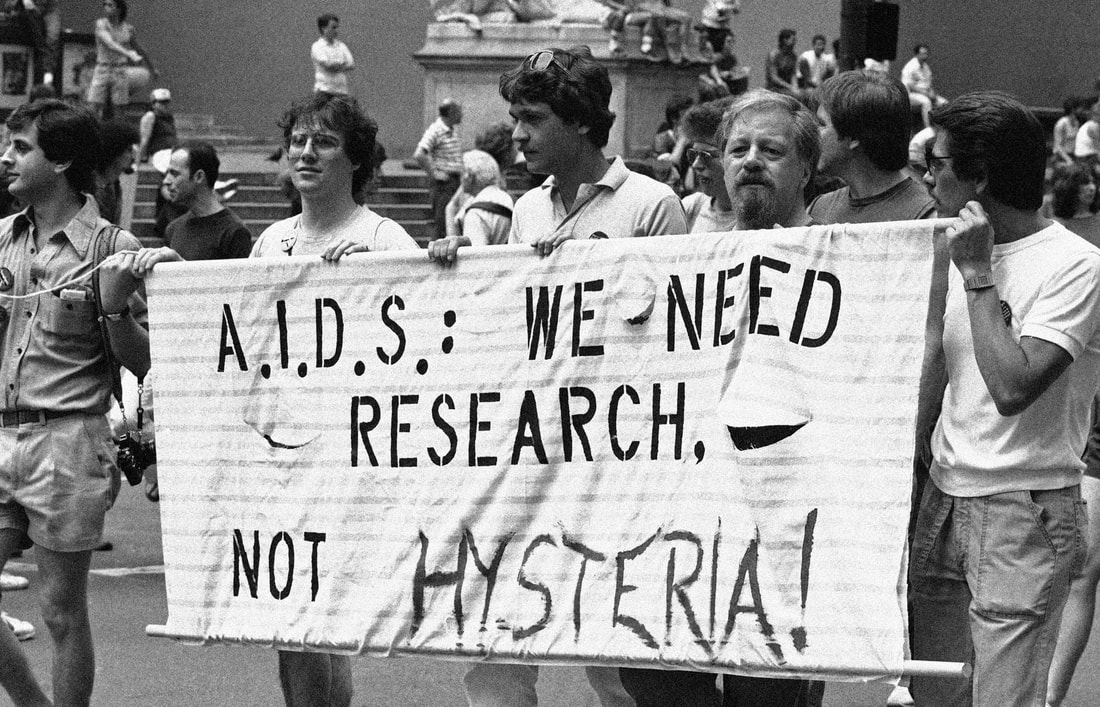SUMMARY
Reading with heart
Develop the key skills = the 4 Cs Critical thinking,Creativity, Collaboration and Communication(+ 2As)Cultural Awareness, Autonomy
Not only for school, but for their life and well-being
OUTCOME
Test-factual knowledge
Mediation-english history and me
Reader's Portfolio- measure of growth
WHY SEL?
SEL= social emotional learning= the process of developing the self-awareness,self control,and interpersonal skills that are vital for school,work,and life success
Reading with heart
Develop the key skills = the 4 Cs Critical thinking,Creativity, Collaboration and Communication(+ 2As)Cultural Awareness, Autonomy
Not only for school, but for their life and well-being
OUTCOME
Test-factual knowledge
Mediation-english history and me
Reader's Portfolio- measure of growth
WHY SEL?
SEL= social emotional learning= the process of developing the self-awareness,self control,and interpersonal skills that are vital for school,work,and life success

- Assassination of John F. Kennedy, mortal shooting of John F. Kennedy, the 35th president of the United States, as he rode in a motorcade in Dallas, Texas, on November 22, 1963. His accused killer was Lee Harvey Oswald, a former U.S. Marine who had embraced Marxism and defected for a time to the Soviet Union. Oswald never stood trial for murder, because, while being transferred after having been taken into custody, he was shot and killed by Jack Ruby, a distraught Dallas nightclub owner.
2. September 11 attacks, also called 9/11 attacks, series of airline hijackings and suicide attacks committed in 2001 by 19 militants associated with the Islamic extremist group al-Qaeda against targets in the United States, the deadliest terrorist attacks on American soil in U.S. history. The attacks against New York City and Washington, D.C., caused extensive death and destruction and triggered an enormous U.S. effort to combat terrorism. Some 2,750 people were killed in New York, 184 at the Pentagon, and 40 in Pennsylvania (where one of the hijacked planes crashed after the passengers attempted to retake the plane); all 19 terrorists died (see Researcher’s Note: September 11 attacks). Police and fire departments in New York were especially hard-hit: hundreds had rushed to the scene of the attacks, and more than 400 police officers and firefighters were killed.
3. The moon landing Apollo 11, U.S. spaceflight during which commander Neil Armstrong and lunar module pilot Edwin (“Buzz”) Aldrin, Jr., on July 20, 1969, became the first people to land on the Moon and walk the lunarsurface. Apollo 11 was the culmination of the Apollo program and a massive national commitment by the United States to beat the Soviet Union in putting people on the Moon.
Vocabulary
Compare these pairs of words. Are they synonyms? If not, how do we use them differently?
Rumour – Gossip Misinformation - Fake news Plot – Conspiracy
Although the meanings are close and they could be described as synonyms, there are differences in how we use these terms. Depending on the level of the student/s there are definitions from Cambridge Learners Dictionary below which you can give them after they’ve discussed their own ideas first. Or they can discuss with the teacher facilitating and eliciting examples that help explain the differences.
These are adjectives we can use to describe opinions or ideas. Put them into the chart according to whether you think they express moderate or extreme views. Try to identify and group together adjectives that have similar meanings
Preposterous
Outlandish
Far-fetched
Dangerous
Plausible
Radical
Feasible
Credible
Outlandish
Far-fetched
Dangerous
Conventional
Logical
Accepted
Ridiculous
Absurd
Ludicrous
Rational
Reasonable
Neutral/Moderate Extreme
Plausible
Feasible - could be true
Credible
Conventional - what most people believe
Accepted
Logical
Rational - based on facts
Reasonable
Preposterous
Outlandish
Far-fetched - difficult to believe, not likely to be true
Ridiculous
Absurd
Ludicrous
Radical
Dangerous - strong opinions that go against the status quo
Compare these pairs of words. Are they synonyms? If not, how do we use them differently?
Rumour – Gossip Misinformation - Fake news Plot – Conspiracy
Although the meanings are close and they could be described as synonyms, there are differences in how we use these terms. Depending on the level of the student/s there are definitions from Cambridge Learners Dictionary below which you can give them after they’ve discussed their own ideas first. Or they can discuss with the teacher facilitating and eliciting examples that help explain the differences.
These are adjectives we can use to describe opinions or ideas. Put them into the chart according to whether you think they express moderate or extreme views. Try to identify and group together adjectives that have similar meanings
Preposterous
Outlandish
Far-fetched
Dangerous
Plausible
Radical
Feasible
Credible
Outlandish
Far-fetched
Dangerous
Conventional
Logical
Accepted
Ridiculous
Absurd
Ludicrous
Rational
Reasonable
Neutral/Moderate Extreme
Plausible
Feasible - could be true
Credible
Conventional - what most people believe
Accepted
Logical
Rational - based on facts
Reasonable
Preposterous
Outlandish
Far-fetched - difficult to believe, not likely to be true
Ridiculous
Absurd
Ludicrous
Radical
Dangerous - strong opinions that go against the status quo
Antonyms
Seven of these adjectives can take the opposite meaning by adding a prefix such as un-, ir-, im- or il- Write down the adjectives with their correct prefixes:
Seven of these adjectives can take the opposite meaning by adding a prefix such as un-, ir-, im- or il- Write down the adjectives with their correct prefixes:
- unfeasible
- incredible
implausible
- illogical
irrational
Vocabulary
Definitions from Cambridge Learner’s Dictionary:
RUMOUR - a fact that a lot of people are talking about although they do not know if it is true:
to spread rumours to deny rumours
[ + (that) ] I heard a rumour that you were leaving.
GOSSIP - conversation or reports about other people's private lives that might or might not be true: an interesting piece of gossip
A gossip - someone who likes to talk about other people's private lives To gossip – verb – to talk about other people’s private lives
MISINFORMATION - wrong information, or the fact that people are misinformed: There's a lot of misinformation about the disease that needs to be corrected. information intended to deceive:
His election campaign was based on misinformation about the rival candidates.
FAKE NEWS - false stories that appear to be news, spread on the internet or using other media, usually created to influence political views or as a joke:
There is concern about the power of fake news to affect election results.
PLOT - a secret plan made by several people to do something that is wrong, harmful, or not legal, especially to do damage to a person or a government:
The plot was discovered before it was carried out.
[ + to infinitive ] The police have foiled a plot to assassinate the president. Also - the story of a book, film, play, etc.
CONSPIRACY - the activity of secretly planning with other people to do something bad or illegal: The three men are accused of conspiracy.
[ + to infinitive ] She has been charged with conspiracy to murder. I think there was a conspiracy to keep me off the committee.
Definitions from Cambridge Learner’s Dictionary:
RUMOUR - a fact that a lot of people are talking about although they do not know if it is true:
to spread rumours to deny rumours
[ + (that) ] I heard a rumour that you were leaving.
GOSSIP - conversation or reports about other people's private lives that might or might not be true: an interesting piece of gossip
A gossip - someone who likes to talk about other people's private lives To gossip – verb – to talk about other people’s private lives
MISINFORMATION - wrong information, or the fact that people are misinformed: There's a lot of misinformation about the disease that needs to be corrected. information intended to deceive:
His election campaign was based on misinformation about the rival candidates.
FAKE NEWS - false stories that appear to be news, spread on the internet or using other media, usually created to influence political views or as a joke:
There is concern about the power of fake news to affect election results.
PLOT - a secret plan made by several people to do something that is wrong, harmful, or not legal, especially to do damage to a person or a government:
The plot was discovered before it was carried out.
[ + to infinitive ] The police have foiled a plot to assassinate the president. Also - the story of a book, film, play, etc.
CONSPIRACY - the activity of secretly planning with other people to do something bad or illegal: The three men are accused of conspiracy.
[ + to infinitive ] She has been charged with conspiracy to murder. I think there was a conspiracy to keep me off the committee.
| peerfeedbackform.docx | |
| File Size: | 72 kb |
| File Type: | docx |




